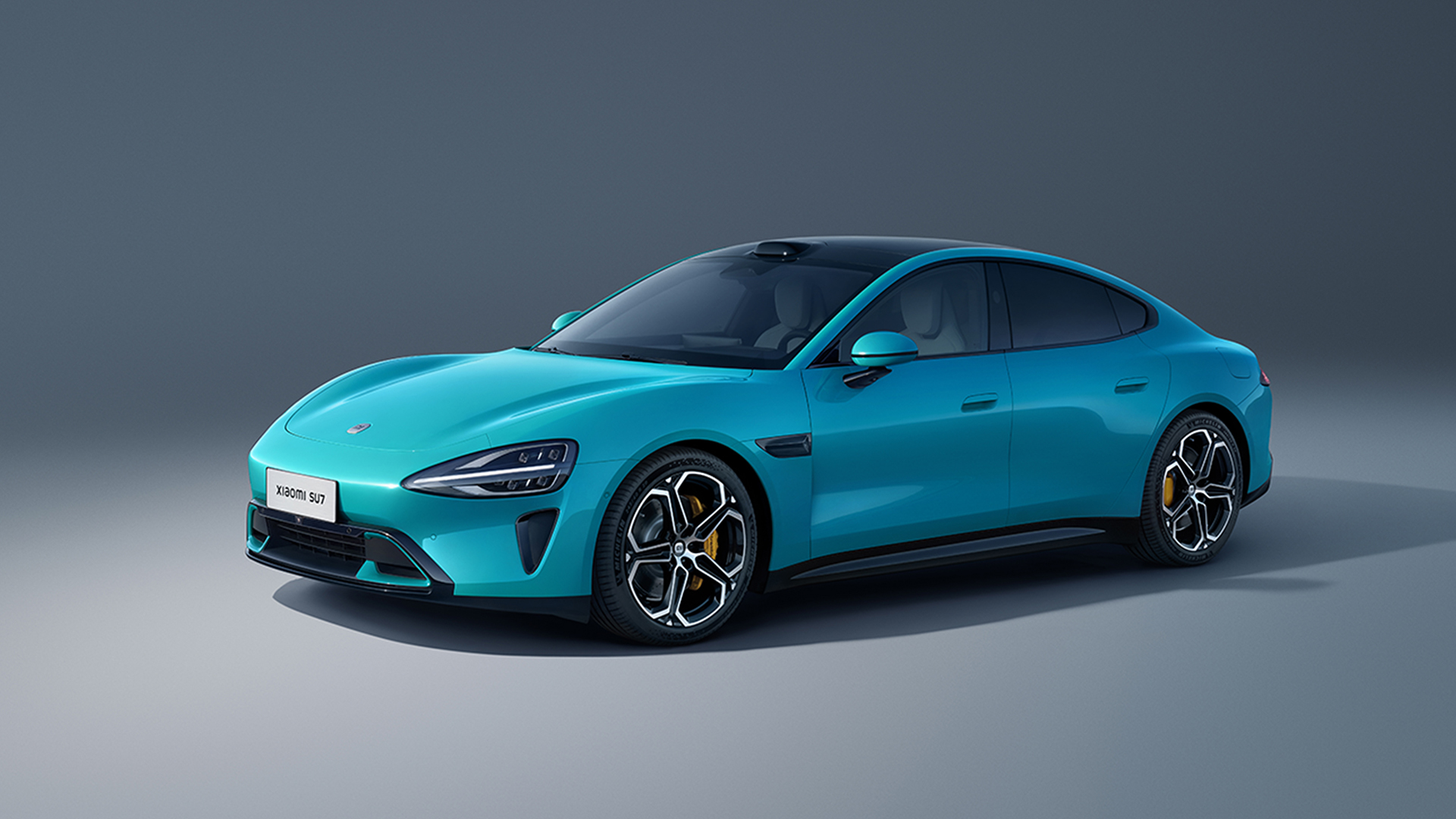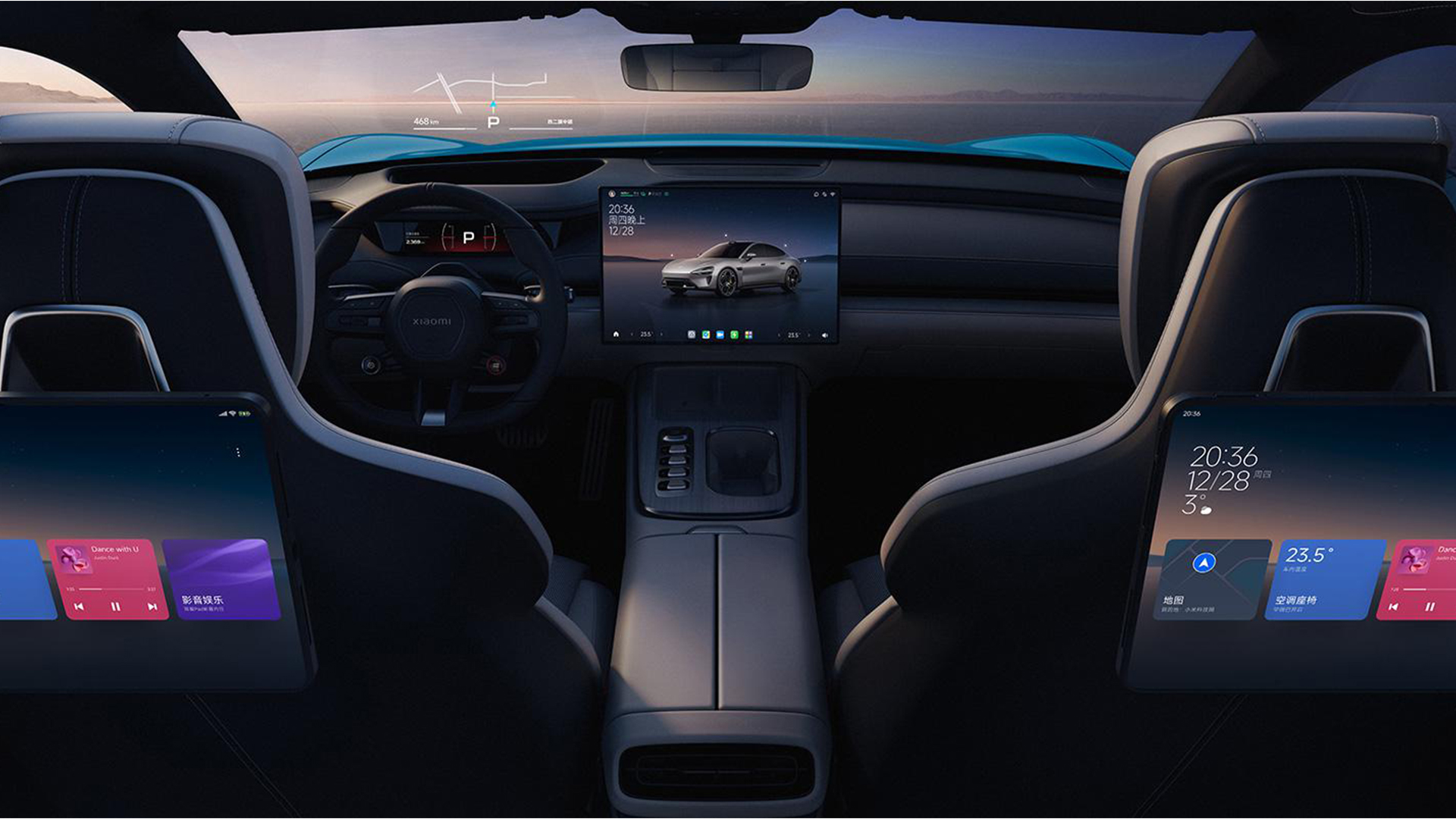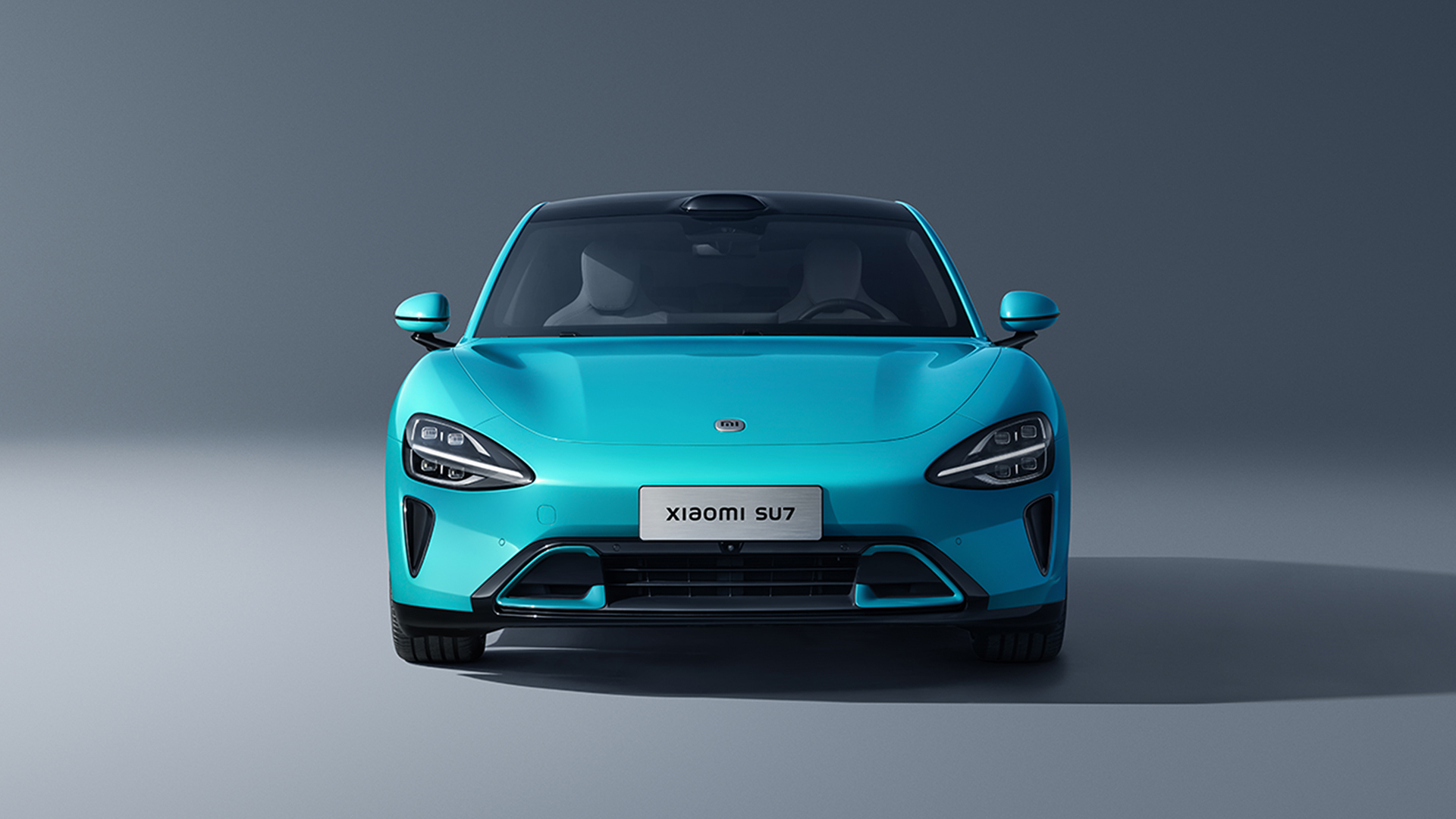
Much rumour has surrounded the debut electric vehicle from Chinese smartphone manufacturer Xiaomi ever since early patent filing details surfaced online last year. But Lei Jun, founder, chairman, and CEO of Xiaomi Group, put them to bed in a recent conference that revealed more about the smart electric sedan.
During said conference, Lei Jun commented on the "century-old automotive industry" that offers "little room for manoeuvring today". Instead, Lei Jun stated that his company has invested heavily in "fundamental core technologies" of its upcoming vehicles so they not only seamlessly fit with the user's everyday life, but also help propel Xiaomi to the top five global automakers in the coming years.
"Xiaomi will rival Porsche and Tesla, and create a dream car for the new era of the automotive industry," Lei Jun said.
At the core of the SU7 is Xiaomi’s in-house developed chassis and electrical architecture, which can support both 400V and 800V for various levels charging speed. According to the company, customers will also be able to specify a number of battery and electric motor configurations, all named after internal combustion engine arrangements.

HyperEngine V6 and V6s kick-start the range and offer 295bhp and 370bhp respectively, with a mix of 400V and 800V electrical architectures. Meanwhile, the range-topping HyperEngine V8s is slated to set "a global record for E-motors", able to reach a maximum rotational speed of 27,200 rpm and produce a hefty 670bhp. Acceleration will be supercar-quick, too.
According to Xiaomi’s CEO, 800V versions of the SU7 can add 137 miles of range in just five minutes from a fast-charging outlet, while 15-minutes hooked up will add 317 miles.
High levels of autonomous driving are also made available by what Xiaomi claims are industry leading perception algorithms, the vehicle’s ability to adapt to current road conditions, advanced obstacle recognition and machine learning of driving styles and driver habits.
What's more, the company says than an advanced AI model has been deployed for the next-generation of autonomous parking. "This model allows for real-time observation and dynamic adjustment when parking in challenging scenarios, such as parking facilities that include elevators," it claims.
In-car smarts
While the SU7 looks to feature the sort of EV credentials that will happily rival some of the top electric car makers of today, it is the in-car entertainment and advanced smartphone-inspired ecosystem that many are naturally most intrigued by.
The Xiaomi EV’s screen uses widgets, which you can move around and resize to your liking. https://t.co/Kt0YZXJs2o pic.twitter.com/WeE3VnSNRzDecember 28, 2023
Xiaomi says the SU7 adopts a "human-centric" interaction architecture and features a 16.1-inch 3K central console, a 56-inch HUD head-up display, a 7.1-inch rotating dashboard, and two seat-back extension mounts that allow for safe stowage of two tablet devices for rear passengers.
Powering the system is a Snapdragon 8295 in-car chip that allows for high levels of AI, dubbed Xiaomi HyperMind, as well as ultra-fast processing speeds. The company states that its Smart Cabin will offer an interactive experience like that of a tablet, so there’s no learning curve, rather an intuitive user experience that is mastered in seconds.
Xiaomi says that when a phone is brought into the cabin, the console automatically displays an icon, enabling easy access to the phone's interface with a single touch. The in-car OS then integrates with "mainstream applications", including the entire Xiaomi tablet application ecosystem, which the company says will expand to over 5,000 apps in the near future.

In addition to this, favourite smartphone applications can be pinned to the car’s infotainment system for future use inside the vehicle. During the conference, Xiaomi also demonstrated how the infotainment system can easily be manipulated, with the user pinning tiles to the home screen with a few simple swipes.
Lei Jun explained how he wanted the SU7 to complete the "Human x Car x Home" smart ecosystem, revealing that it supports over 1,000 Xiaomi smart home devices, enabling automatic discovery, password-free access, and the ability to set up automation scenarios, creating what it calls a "a robust CarIoT ecosystem". It also supports Apple CarPlay, so not to alienate iPhone users.
There is currently no word on pricing, but Xiaomi has stated that it plans to sell the SU7 globally following its initial launch in China this year.







